I have vague recollections of originally seeing this one on the silver screen when it was first released in the U.S. Growing up in a small Midwestern town during the 1980’s, all most of us had for entertainment options was the corner cinema; so we and my buddies spent many an afternoon or evening with our butts in the seats watching anything that came our way in small town, America. I don’t recall that we were particularly enamored with it – townies don’t often take well to the heartland being so openly scorned in movies – but I do remember thinking it had a few good points, too, most of them owed to the imagination of Stephen King, the author whose short story served as the film’s foundation.
Today, what I was completely aware of was how far Children has come as a franchise. Having worked in retail a few years as well as following entertainment news reasonably closely, I was aware that the film inspired a sequel or two: lo and behold, I’m gobsmacked to learn that there have been (at least) six sequels along with a few other flicks which serve as remakes or what I’d call ‘spin-offs’ from the source. Wowza. That I did not know. As is the case when horror films spawn follow-ups, I suspect (from reading) that these vary in quality and may even divert heavily from established canon; but that’s still a powerhouse potential behind what me and my mates found as merely passable celluloid fare.
I bring all of this up because just this week the kind folks at Arrow Video (aka Arrow Films) sent me a complimentary 4K UltraHD Blu-ray of the original release, and I wanted to share my thoughts on it and maybe highlight a little something for readers to watch for should they inevitably pick this one up for purchase. I see it’s available on Amazon.com right here.
In the meantime, let’s get into the thicket …
From the product packaging:
“Linda Hamilton and Peter Horton star as a young couple who find themselves lost on the backroads of Nebraska, eventually winding up in the seemingly deserted town of Gatlin. But the town is far from empty. As the couple soon discover, it is inhabited by a twisted cult of murderous children, thirty for another blood sacrifice …”
Right out of the gate, let me qualify something as it relates to Horror releases and why I do cover them on SciFiHistory.Net: in short, many of these are not strictly Horror films. In fact, I could make a strong argument for why a release like Children Of The Corn (1984) leans closer to traditional Fantasy while incorporating Horror elements instead of vice-versa (which is how most people classify the film).
For starters, there’s an attempt at world-building within the King story. These kids aren’t homicidal murderers, per se: though they use a fair amount of farm implements to carry out their celebrated reign of terror, there’s a psychology and a madness behind their collective motivation. Rather than killing blindly, they do so in order to maintain the relationship with their god-being. They perform ritual sacrifices (on their own) for the purpose of pleasing he who walks behind the corn, knowing only them that they will be rewarded for their offerings with food and protection. Rather than be pawns with an axe to grind (pun intended), they’ve built their own twisted culture requiring faith and a subservience to above. Horror films traditionally have some dogma, but Children takes it many steps further in establishing a culture.
Second, there’s far more than just simple bloodlettings in Gatlin, the nicest little town in Nebraska. While all of it appears to be tied to the central villain (something hidden within the corn), screenwriter George Goldsmith never quite clarifies everything. Where did this otherworldly power come from? We see early in the film that’s it’s guiding Gatlin’s youth – as evidence by the opening slaughter within the town diner – but we’re given very little else to go on. Is it from space? Did it rise up from Hell? Or is it little more than the delusions of an emerging sociopath?
In some sequences, the corn itself as portrayed as being alive – almost sentient – in the way it manipulates our main characters – Bert and Vicky (Horton and Hamilton, respectively) – and this is used to principally establish the overall mystique of the setting. But there’s another creature who apparently lives beneath the corn; though we never see it, we are treated to sequences wherein the ground is disturbed in much the way director Ron Underwood so masterfully conveyed his “Graboids” in the 1990 Horror/Comedy Tremors. Still later, there’s an evil mist which devours the children’s sacrificial victims, and in the big climax we’re treated to a mounting red wall of living supernatural energy which appears to ultimately ‘personify’ the central force of evil. Clearly, one might not be too far off the mark in classifying Children more as a traditional monster movie as opposed to mainstream Horror.
Sometimes the inherent nebulousness of a script gets in my way of enjoying it as much as I should; and that’s largely the case here. I prefer my baddies definitively presented. I want to know what or who it is the protagonists are facing, and director Fritz Kiersch’s debut feature widely misses that mark. While there’s absolutely nothing wrong with the psychological fear that serves as Children’s pronounced undercurrent (these circumstances could happen anywhere that a small town remains cut-off and isolated from the outside world), I think it’s dangerous to hold back clear answers on monster specifics as that tends to push the audiences a bit too far into that old “suspension of disbelief” concept. They’re willing to “suspend” if promised or potential answers are forthcoming; when they receive few or none, then they’re likely to leave the theatres a bit jaundiced by the whole affair.
So … with all of that out of the way, how does Children Of The Corn work as a film?
Well …
Again, I’m forced to fall back on my personal background.
Kiersch’s direction works well in this sequence, and I wish to God (or to ‘He Who Walks Behind The Rows’) that he had found more time for this effect in the feature. Instead, I thought the rest of the flick reduced corn to little more than set dressing, and there’s just no amount of nuance that can elevate mere props to the point of terror-inducing baubles of the supernatural. They’re great for atmosphere, true, which the film does to affable measures with the stalks, the ears, and even some terrific children’s artwork; but they’re not gonna inspire legitimate Horror. Instead, they give you something to think about – to ponder over – but to elicit pure fright? Meh. Only powerful, indisputable, and definable images do that on film.
As for the actors?
The talent is all good. Horton makes the most of his leading man role. Hamilton succumbs a bit too easily to the ‘damsel-in-distress’ mode here – the hallmark of an undercooked script with little depth to plumb – but she certainly conveys the confusion, angst, and distress required for the part. What truly fuels the film’s narrative – what gives Children its greatest narrative punch – is the work of (surprise surprise!) relative newcomers Courtney Gains (as the villainous Malachai) and John Franklin (the town’s humanly-flawed spiritual leader): their creative tête-à-tête is the stuff of classical drama, the kind wherein power gets so obviously misunderstood in such a way that it dooms us all. The fact that they’re visually mismatched – Franklin is short and Gains practically towers over his eventual Biblical adversary – only further strengthens the beats as laid out by the script and cleverly punctuated on film by the director. And, yes, the film could’ve been strengthened by more of them and less of the imprecise demons.
I’d be remiss in my duties if I didn’t say something about Children’s preoccupation with religion.
Though I’ve never met Stephen King, I’ve read enough of his works as well as articles about him to believe he has personal criticisms of faith, a sentiment that gets reflected in much of what he writes. (His 1978 epic The Stand really brings it front-and-center in a way unlike other works muster.) At some points in Children, either King or director Kiersch or screenwriter Goldsmith seem to be railing against the practice of faith, a curious type of collectivism if there ever were. While I think it’s always easy to throw barbs at the purest of the Bible-thumpers, much of what appears here is extreme – almost to the point of outright caricature – and I end up finding it repetitive after the first swipe. When you’re too obvious about that which you may despise, you run the risk about becoming your own unintentional villain. Let your work speak for itself: when you have to almost insert your own beliefs to serve a plot point, haven’t you become the Bible thumper?
Just food for thought. Consider it manna from the Heavens if you prefer.
RECOMMENDED. While imperfect in ways that many smaller features are, Children Of The Corn works as a serviceable adaptation from the early works of author Stephen King. While the total package may not rise to the level of other adaptations, there are still solid reasons to explore this one, including two good performances by newcomers Gains and Franklin. The modestly budgeted monster movie (yes, I said it, and I stand by it) manages to detassel your reservations from reality, but it really needed a bit more pollination was it to stand the true test of time as other fright features have. A cult classic, you say? There’s absolutely nothing wrong with that.
In the interests of fairness, I’m pleased to disclose that the fine folks at Arrow Video provided me with a Blu-ray screener of Children Of The Corn by request for the expressed purposes of completing this review; and their contribution to me in no way, shape, or form influenced my opinion of it.
-- EZ

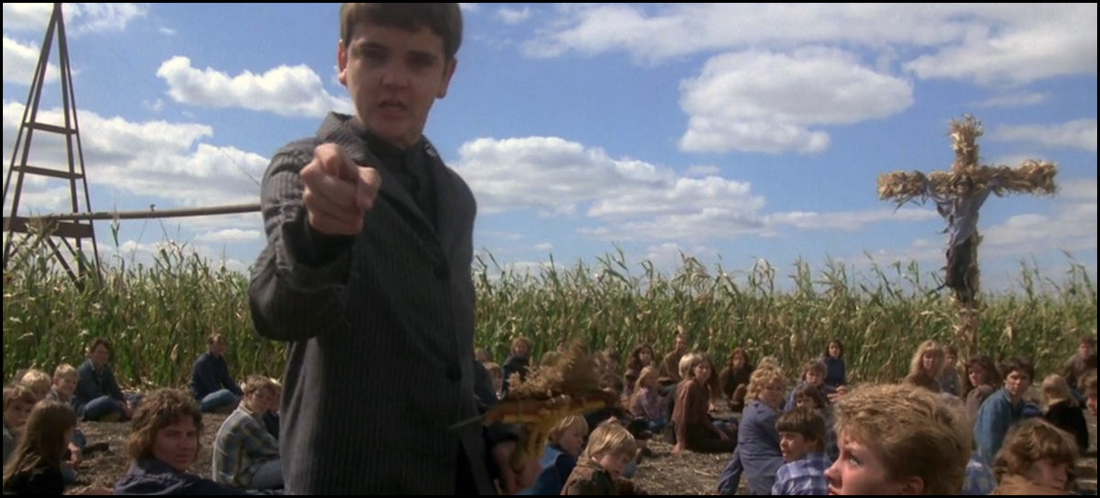
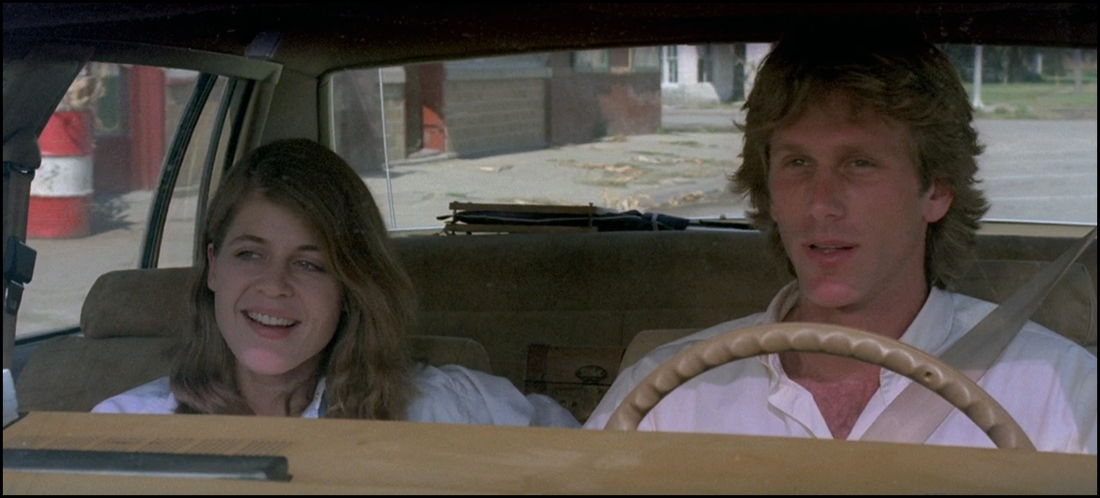
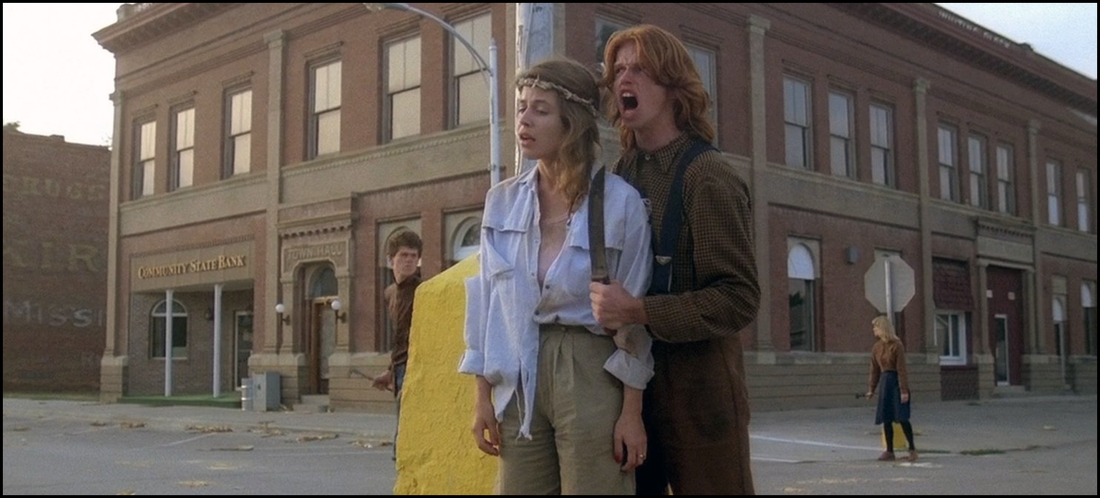
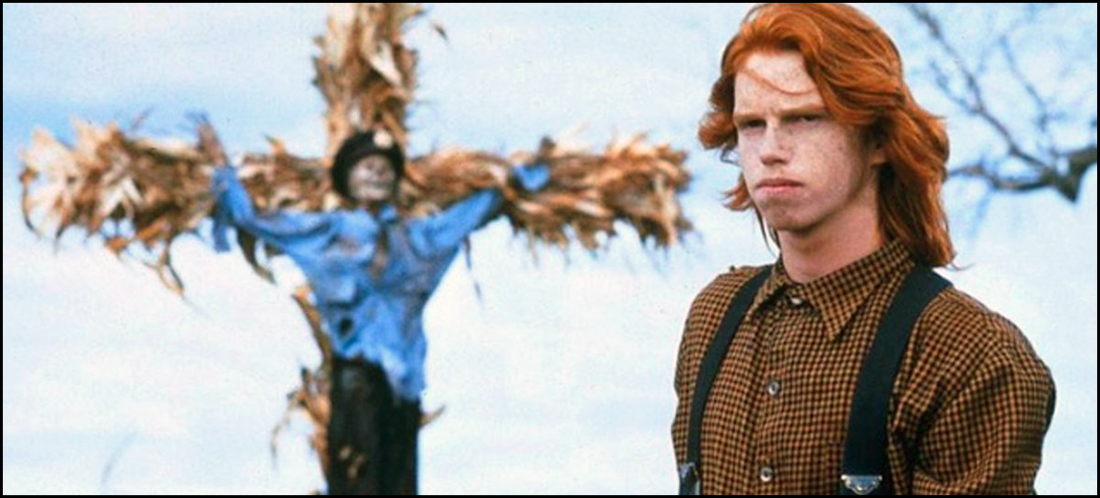
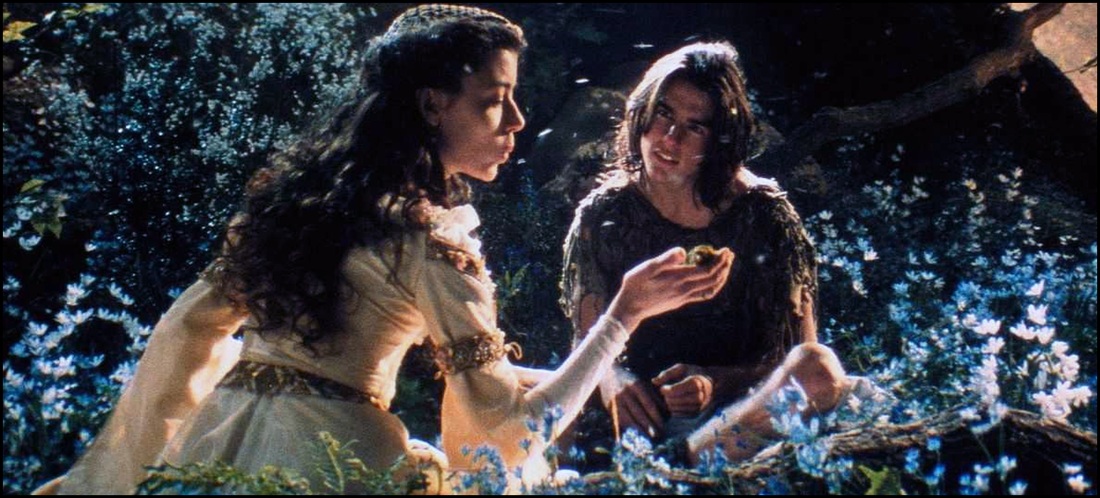
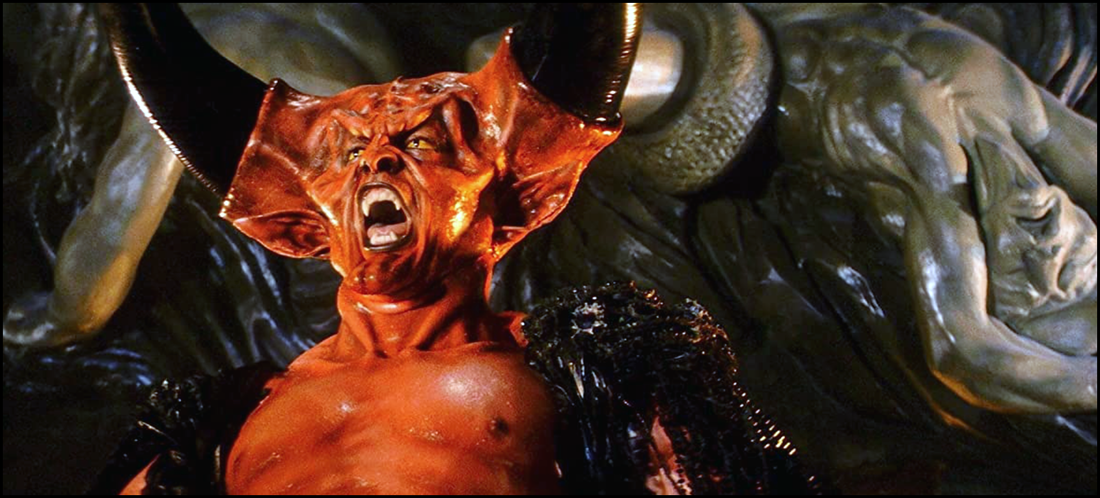
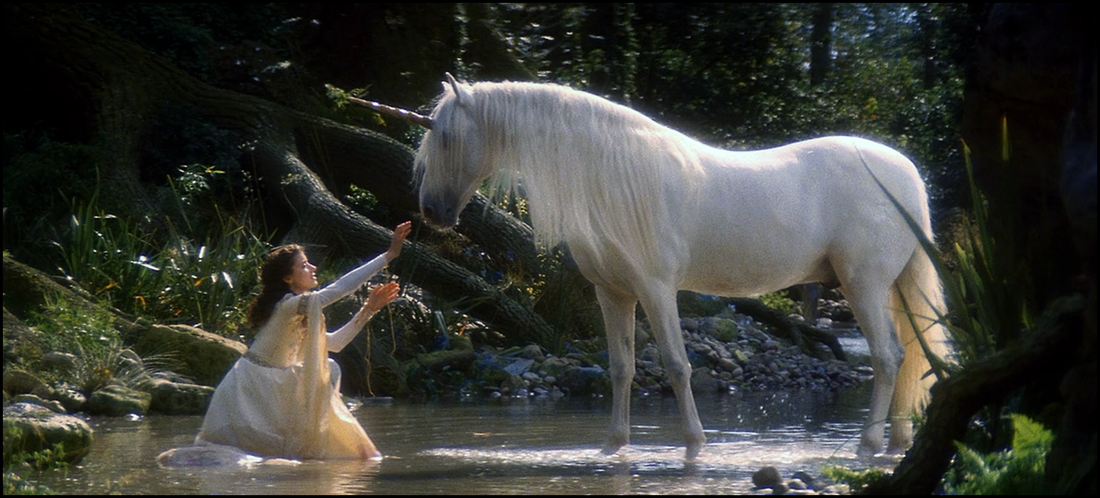
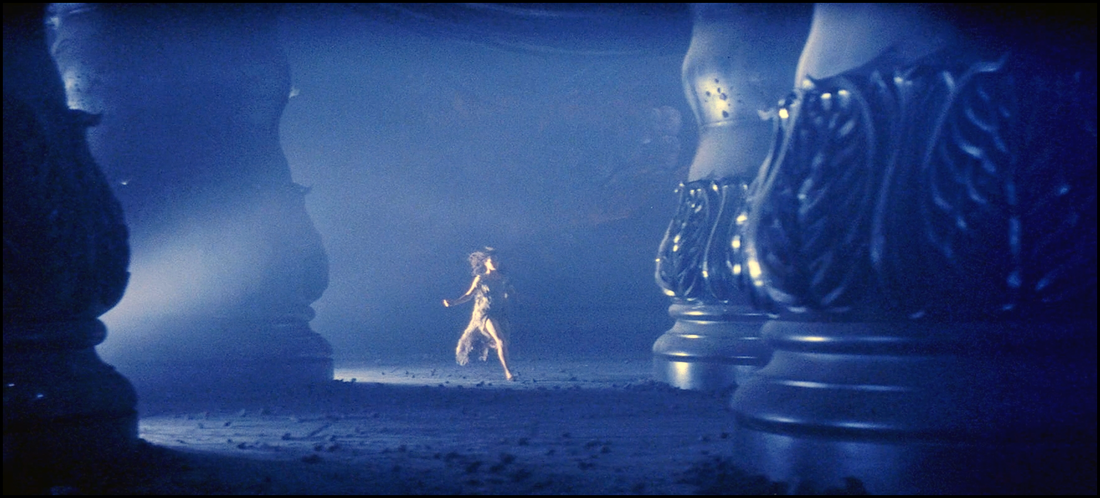
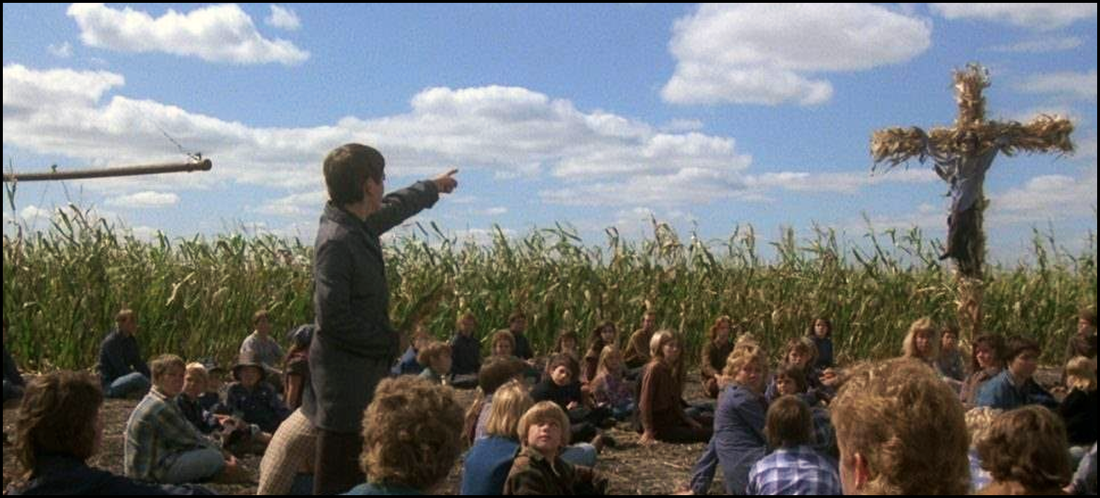
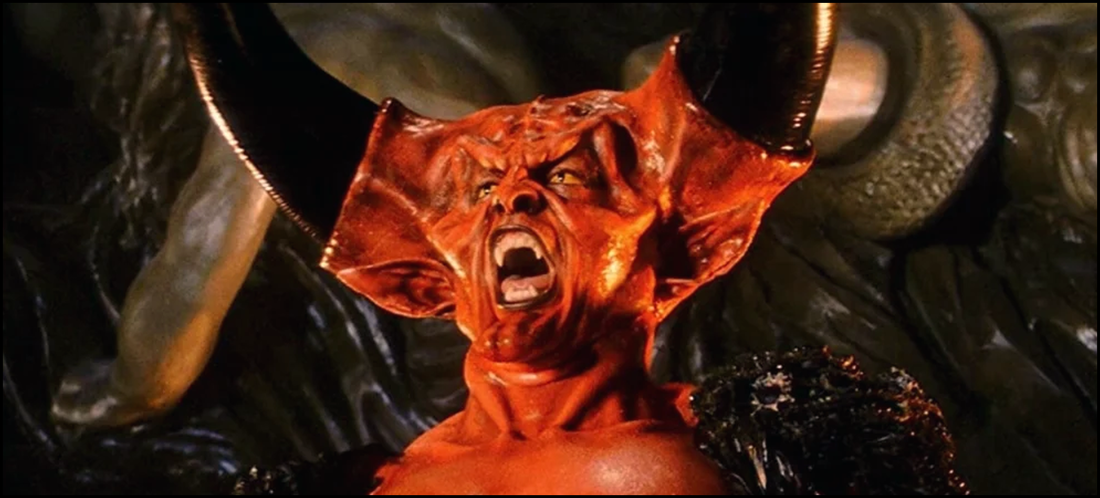
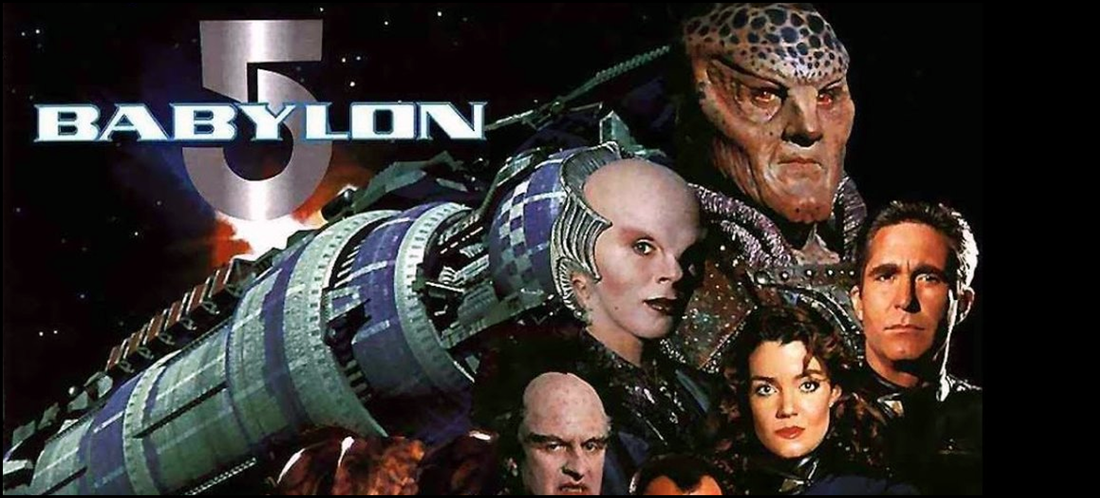
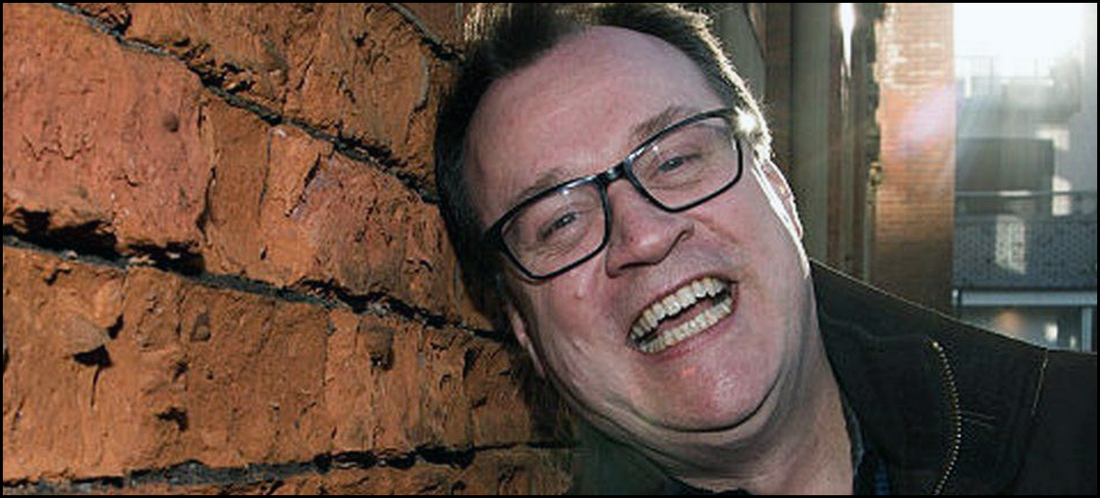
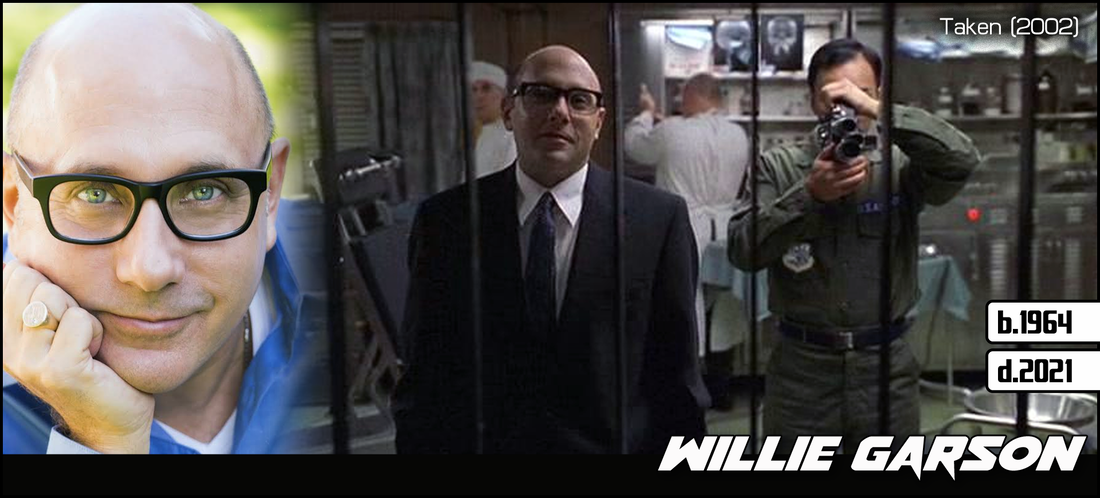
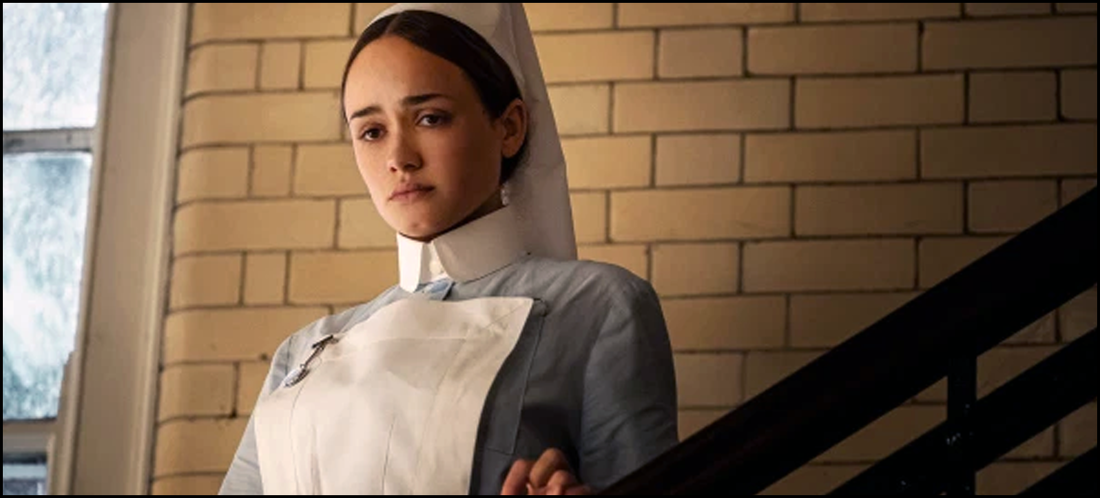
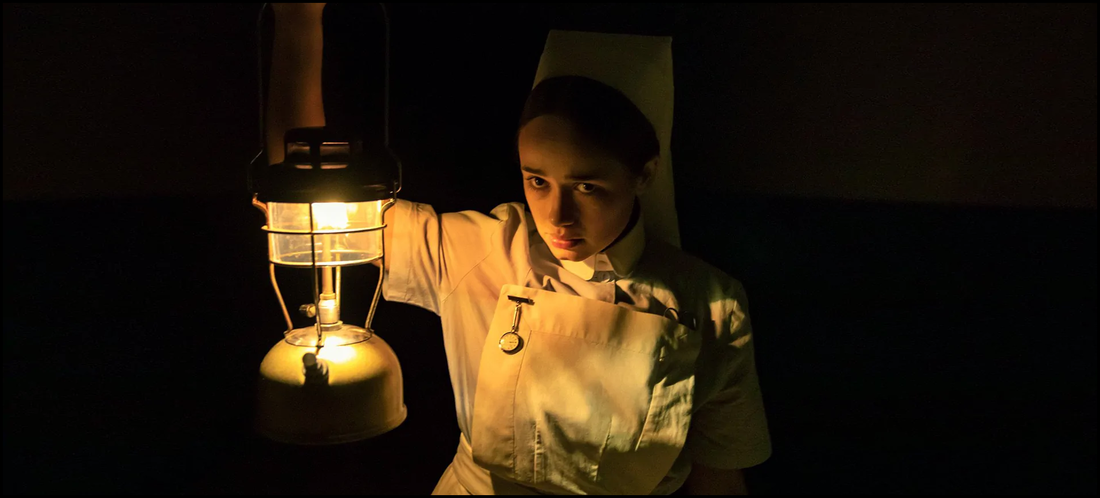
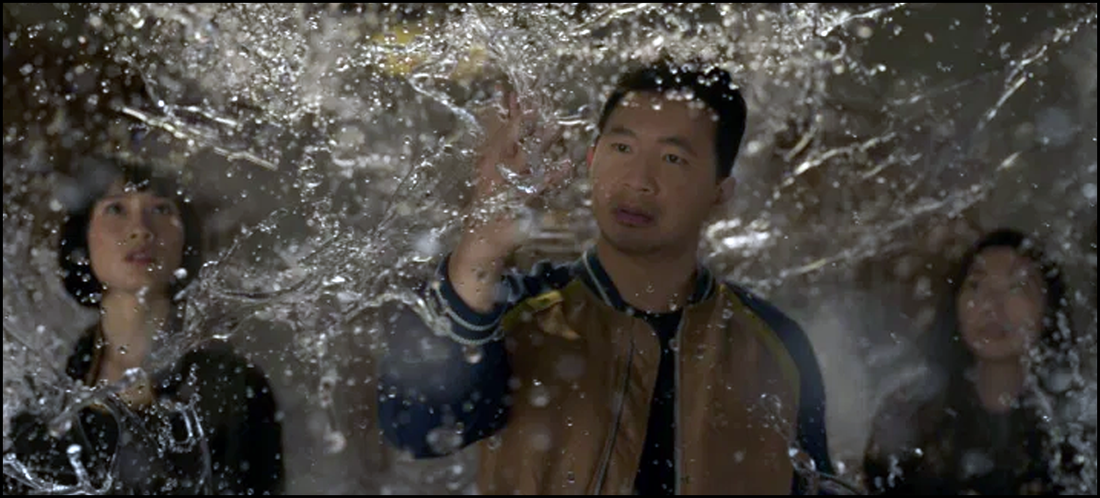
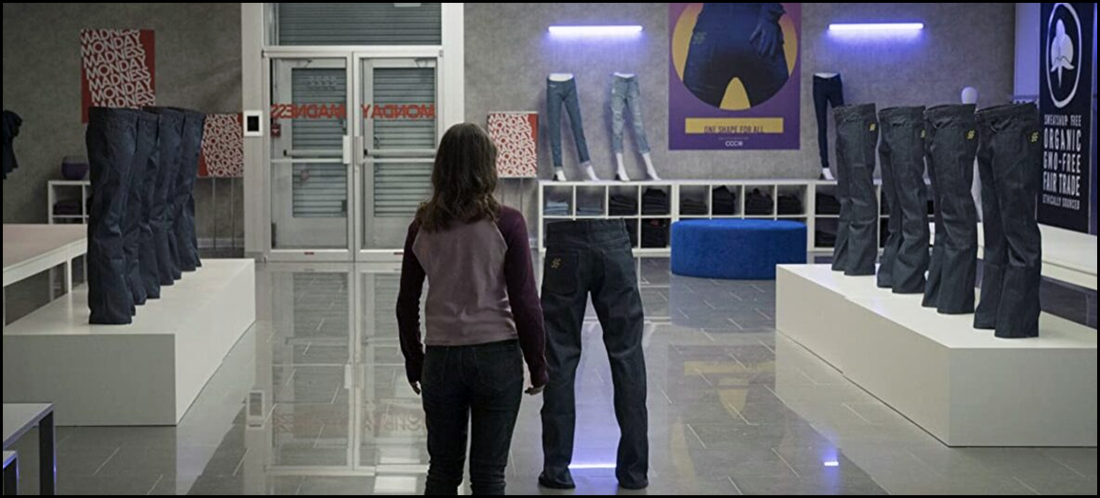
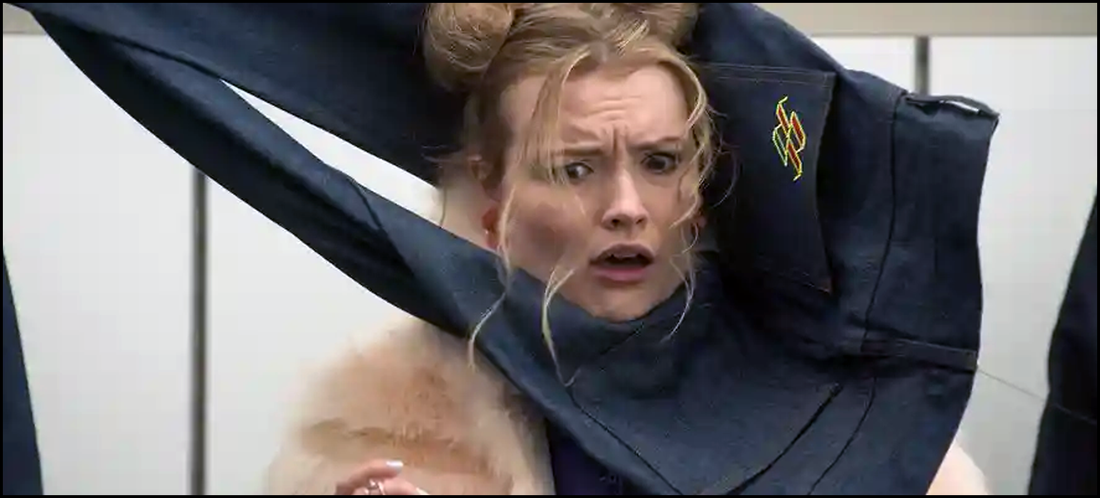
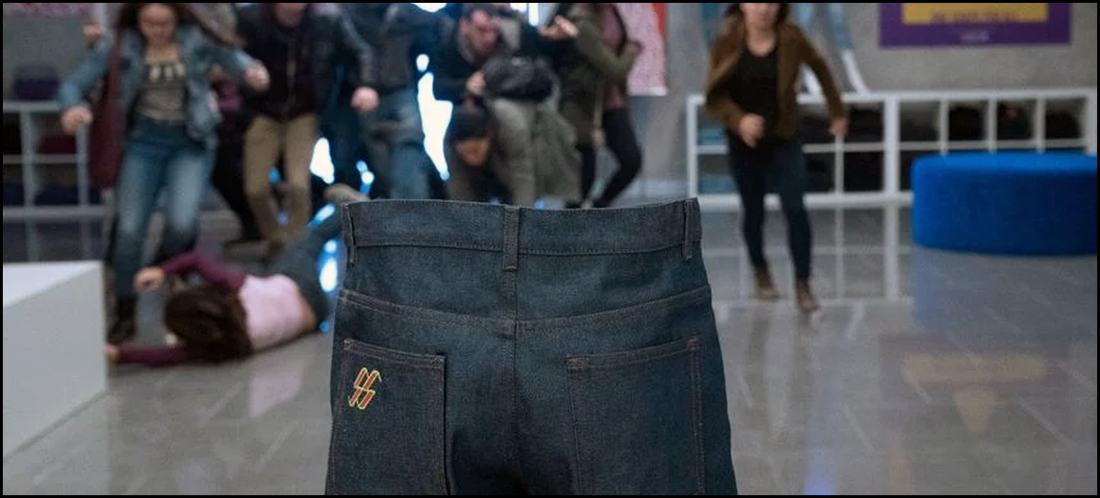
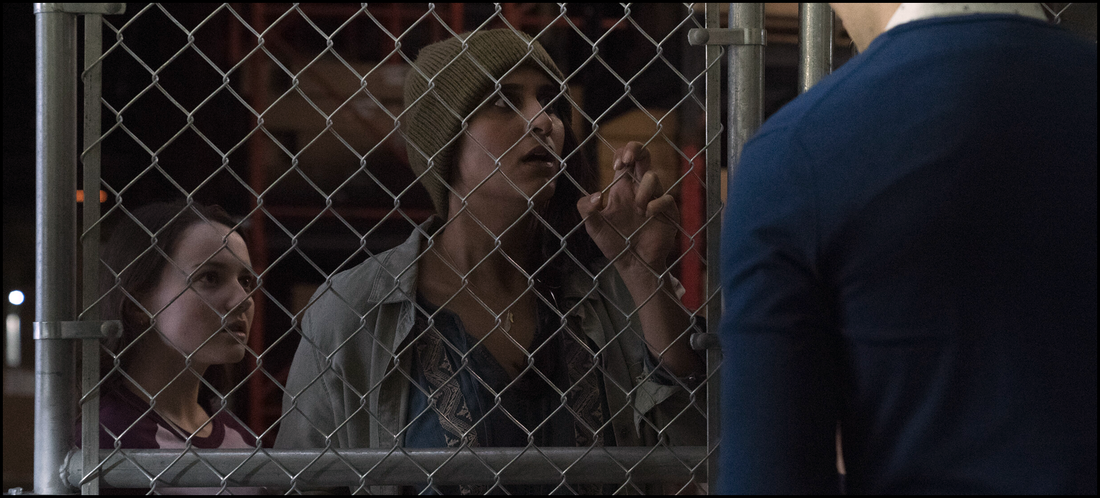
 RSS Feed
RSS Feed